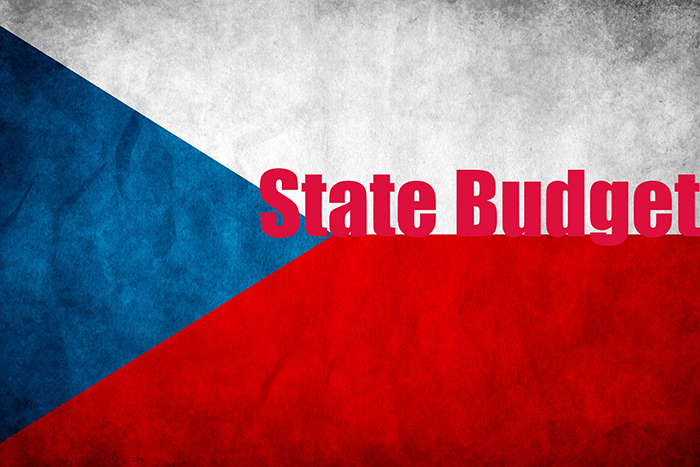2025-06-03
indicators

The Czech state budget deficit increased to CZK 170.5 billion at the end of May, up from CZK 126.1 billion in April, according to data released by the Ministry of Finance. Despite the monthly increase, the deficit remains lower compared to the same period last year, when it reached CZK 210.4 billion. Finance Minister Zbyněk Stanjura (ODS) attributed the year-on-year improvement to ongoing government measures aimed at budget consolidation. By the end of May, state budget revenues totaled CZK 774 billion, reflecting a 7.3% year-on-year increase, driven by higher tax receipts, compulsory insurance contributions, and transfers from the European Union. Expenditures rose more moderately by 1.4% to CZK 944.5 billion. Stanjura noted that May is typically a challenging month for the budget due to advance payments for regional education and tax refunds. However, this year’s figures were CZK 13 billion better compared to May 2024. “In four out of the first five months, we have seen year-on-year improvements in the deficit, supporting our budget consolidation efforts,” he said. Stanjura expressed optimism that the balance will continue to improve in the coming months, particularly on the revenue side. Commenting on the figures, Jan Brázda, a partner at PwC responsible for the public sector, highlighted that the budget is performing approximately CZK 40 billion better than last year. However, he cautioned that budget performance may become less predictable as parliamentary elections approach, citing risks of increased spending. Martin Kuč of Kearney pointed out that while revenue growth has helped narrow the deficit, structural reforms to reduce operating costs have not been implemented. He emphasized that the structural deficit persists and noted that CZK 37.8 billion has been spent on debt servicing since the beginning of the year, funds that could otherwise be directed to investments, education, or modernization. Among tax revenues, personal income tax collection showed the strongest growth, rising by 16.1% year-on-year to CZK 67.1 billion, supported by wage increases and reductions in certain tax deductions. Compulsory insurance premiums increased by 7.6% to CZK 329.6 billion, also linked to wage growth. Value added tax (VAT) revenues rose by 8.2% year-on-year to CZK 162.6 billion, reflecting higher household consumption. Excise tax collection increased by 5.4% to CZK 64.9 billion, primarily due to higher rates on tobacco and alcohol. Corporate income tax collection grew by 3.9% to CZK 48.6 billion. The windfall profits tax, mainly targeting energy firms, petrochemical companies, and large banks, brought in CZK 9 billion, up 29.2% from last year. On the expenditure side, social benefits remained the largest budget item, totaling CZK 386.3 billion, a 2% increase compared to the previous year. Of this amount, CZK 299.4 billion went toward pensions, with pension expenditures remaining stable. Debt servicing costs reached CZK 37.8 billion, an 8.4% increase year-on-year. Capital expenditures declined by 3.4% to CZK 61.3 billion, largely due to irregular funding of joint projects with the European Union, which dropped by CZK 5.6 billion. Investment purchases by the Ministry of Defence fell by CZK 7.8 billion, while investment transfers to the State Fund for Transport Infrastructure increased by CZK 13.8 billion. For 2025, the government projects total revenues of CZK 2.086 trillion and expenditures of CZK 2.327 trillion, targeting a deficit of CZK 241 billion. Last year, the budget closed with a deficit of CZK 271.4 billion — the lowest since the COVID-19 pandemic but still the fifth highest in the country’s history. Source: CTK

